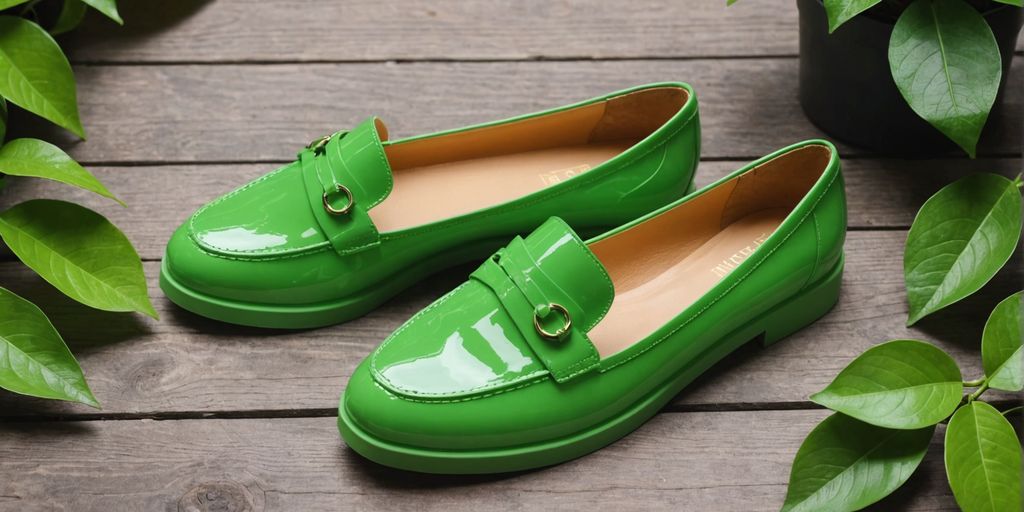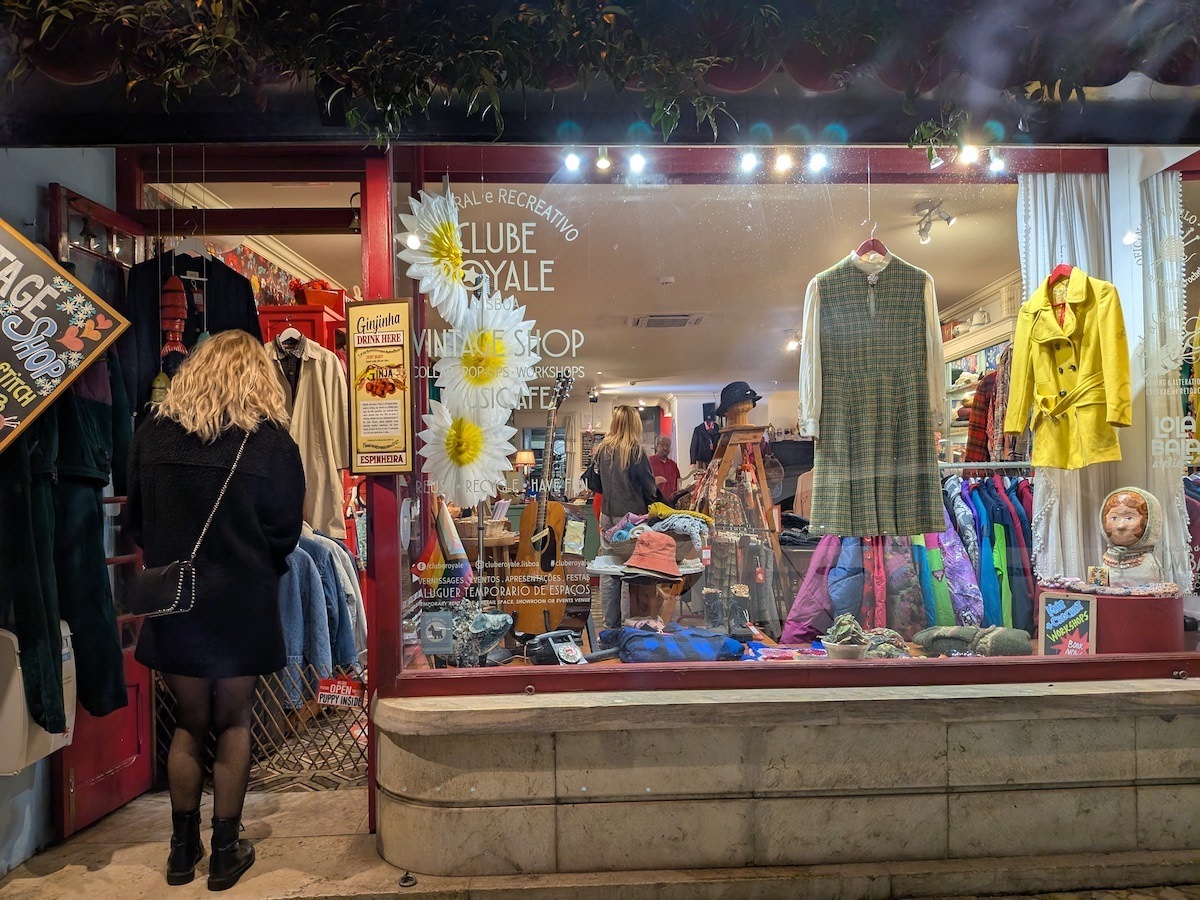The Origins of Lemon Jelly Shoes
Founding and Early Years
Lemon Jelly was born in 2013 in Portugal. It is part of the Procalçado Group, which has over 45 years of experience in the shoe industry. The brand quickly became known for its high-tech products that combine human feeling with innovative materials and attention to detail.
Inspiration Behind the Brand
The inspiration for Lemon Jelly came from a desire to create stylish, comfortable, and sustainable footwear. The brand focuses on making shoes that are not only fashionable but also environmentally friendly. This vision has driven Lemon Jelly to continuously seek better ways to produce their shoes.
Since its inception, Lemon Jelly has seen significant growth. The brand’s commitment to sustainability and innovation has helped it stand out in the crowded footwear market. Over the years, Lemon Jelly has expanded its product line and improved its manufacturing processes, always keeping an eye on reducing its environmental impact.
Sustainable Practices in Portuguese Footwear
Local Manufacturing
Lemon Jelly Shoes is committed to keeping its production local, supporting the “Made in Portugal” label. This approach not only ensures high-quality craftsmanship but also reduces the carbon footprint associated with long-distance shipping. By manufacturing locally, the brand can closely monitor and improve its sustainable practices.
Ethical Labor Practices
The company places a strong emphasis on ethical labor practices. Workers are provided with fair wages and safe working conditions. This commitment to ethical labor extends to all levels of the supply chain, ensuring that everyone involved in the production process is treated with respect and dignity.
Environmental Impact
Lemon Jelly Shoes takes significant steps to minimize its environmental impact. The installation of 900 solar photovoltaic panels is a testament to their dedication to renewable energy. Additionally, the brand has contracts with clean energy providers, allowing them to operate with 100% renewable electrical energy. These efforts contribute to a substantial reduction in CO2 emissions, aligning with their goal of creating a more sustainable future.
Materials and Design

Recycled Components
Lemon Jelly is committed to using recycled materials in their shoes. They have introduced lines that incorporate recycled production waste, ensuring that materials are reused rather than discarded. This approach not only reduces waste but also promotes a more sustainable production cycle.
Vegan Materials
Lemon Jelly proudly offers animal-friendly products. They have achieved official vegan certification, meaning their shoes contain no animal-derived materials. This commitment to veganism aligns with their broader goal of reducing the environmental impact of their products.
Durability and Comfort
The design of Lemon Jelly shoes focuses on both durability and comfort. By using high-quality materials and innovative design techniques, they ensure that their shoes are not only long-lasting but also comfortable to wear. This balance of durability and comfort makes their products a popular choice for consumers looking for sustainable yet stylish footwear.
The Closing the Loop Initiative

Recycling Old Shoes
Lemon Jelly’s Closing the Loop initiative is a key part of their sustainability efforts. When customers are done with their Lemon Jelly shoes, they can return them to the company. These old shoes are then recycled and used to create new products. This process helps reduce waste and promotes a circular economy.
Reducing CO2 Emissions
The recycling process at Lemon Jelly’s factory is designed to be environmentally friendly. The factory runs entirely on renewable energy, which helps in cutting down CO2 emissions by 90%. This makes the production of new shoes much more sustainable.
Lemon Jelly’s Vegan Commitment
Animal-Friendly Products
Lemon Jelly is proud to announce that it is now officially a Vegan fashion brand. This means all their products are free from animal-derived materials. The journey to this milestone was long, but it aligns with their commitment to sustainability and ethical practices. Their shoes are not only stylish but also animal-friendly, ensuring that no animals are harmed in the production process.
Certifications and Standards
Lemon Jelly’s vegan products are certified by reputable organizations. They have received the PETA-Approved Vegan certification, which guarantees that their products meet strict vegan standards. This certification is a testament to their dedication to producing high-quality, ethical footwear. By adhering to these standards, Lemon Jelly ensures that their customers can trust the integrity of their products.
Market Reception
The market has responded positively to Lemon Jelly’s vegan commitment. Consumers are increasingly looking for ethical and sustainable options, and Lemon Jelly’s vegan products meet this demand. The brand has seen a growing customer base that values their dedication to animal-friendly and sustainable fashion. This positive reception highlights the importance of ethical practices in today’s fashion industry.
The Impact of Lemon Jelly on Portuguese Footwear Industry

Market Position
Lemon Jelly has carved out a unique spot in the Portuguese footwear market. Known for their water-friendly comfort and innovative designs, they have become a favorite among consumers looking for stylish yet practical options. Their commitment to sustainability and ethical practices has further solidified their reputation.
Collaborations and Partnerships
The brand has engaged in several collaborations and partnerships that have helped to elevate its status. By working with local artisans and other sustainable brands, Lemon Jelly has been able to expand its reach and influence within the industry. These partnerships not only enhance their product offerings but also promote a culture of sustainability.
What Lies Ahead
Looking ahead, Lemon Jelly aims to continue its growth by focusing on innovation and sustainability. The brand plans to introduce new materials and technologies that will further reduce their environmental impact. With a strong foundation and a clear vision, Lemon Jelly is well-positioned to lead the way in the future of sustainable footwear.











